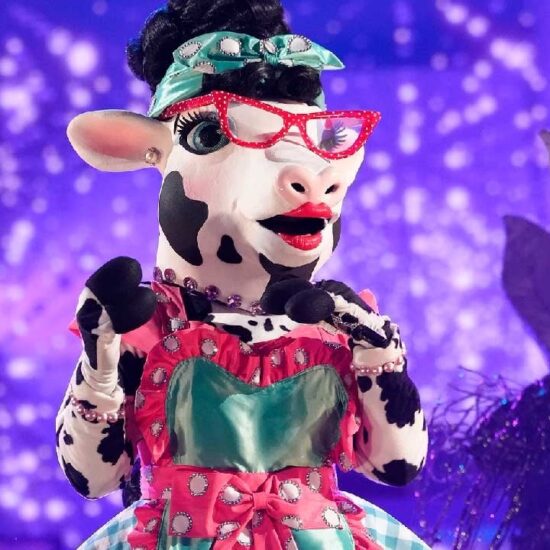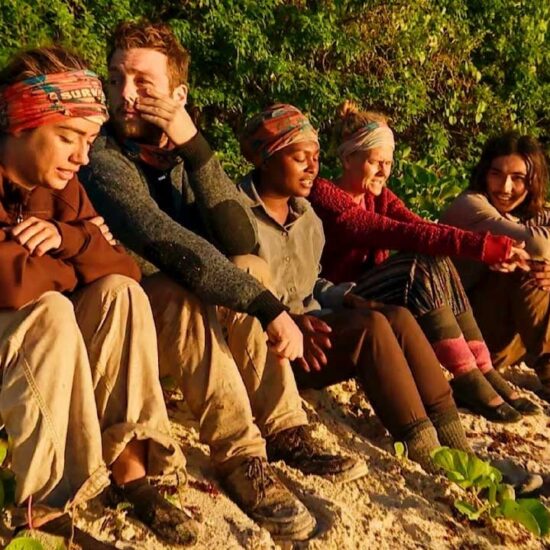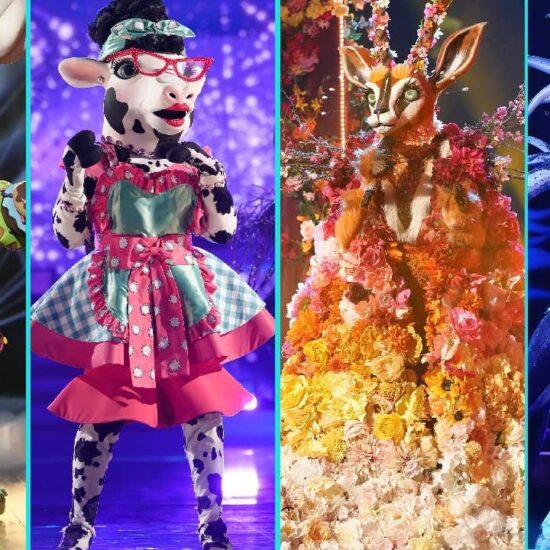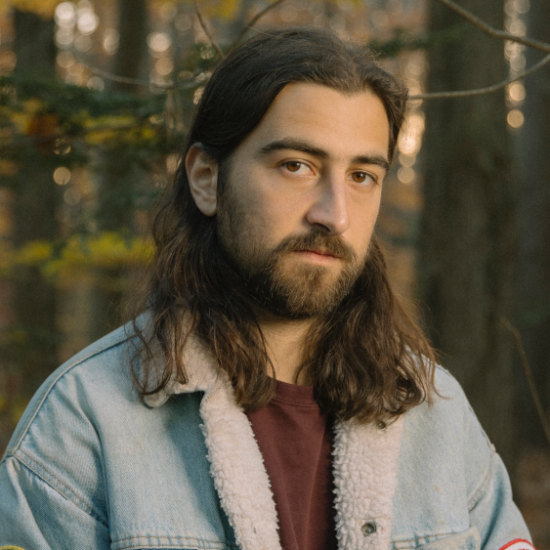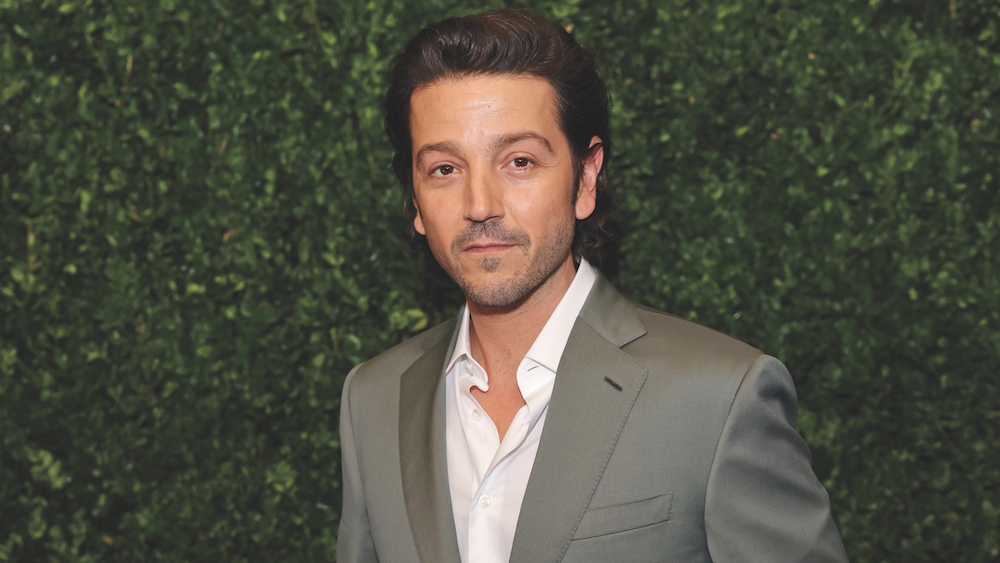
When your day job is spent plotting a rebellion in a galaxy far, far away, it helps to have something that can bring you back down to Earth — or whatever planet you call home.
When he’s not the Empire’s most wanted on Disney+’s “Andor,” Diego Luna grounds himself by returning to the theater. He grew up going with his father, and it has been the constant of his career.
“In a way, it has kept me sane,” says the actor after a long day on the London set of “Andor” Season 2. “Theater is a great way to go back and put your feet on the ground and remind you what this is all about.”
In between production on seasons 1 and 2, he spent two months on a Madrid stage leading “Cada vez nos despedimos major,” a monologue that only featured himself, a musician and three lamps. It was a far cry from the gigantic sets, hordes of extras and sky-high expectations of the “Star Wars” universe.
That versatility in the scale of his projects has defined Luna’s entire career, for which he will be honored with the inaugural Variety Virtuoso Award on March 4 at the Miami Film Festival.
As a teenager, his foray into Mexican cinema came at a time when actors lent their own clothes and cars for the part.
“It was well known that if you were asked to do cinema, the last thing you would do is think of getting paid,” he says.
He eventually found a project that brought him acclaim and didn’t require his personal belongings. Alfonso Cuarón’s 2001 road trip classic “Y tu mamá también” is often cited as a progressive leap forward for Mexican cinema, and it launched Luna’s career.
In the 22 years since, the actor, director and producer has done everything from prestige dramas (“Frida” and “Milk”), animated hits (“The Book of Love” and “Maya and the Three”) and diverse television series (“Narcos: Mexico” and “Pan y Circo”). But no matter the project — down to earth or in the stars — there has to be a personal hook for Luna.
“That is the beauty of this job,” he says. “If there is something personal for each project, they become like stamps that remind you where you’ve been.”
Lucasfilm Ltd.
He has a stamp waiting for Cassian Andor, the Resistance agent first introduced in 2016’s “Rogue One: A Star Wars Story.” Luna returned for the prequel series “Andor” because he felt there was more to the story of people like Cassian who become martyrs for the cause.
“What this character does in ‘Rogue One’ is quite remarkable, and what we are building shows what needs to happen in someone’s life to be willing to sacrifice everything,” he says. “For me, this has always been a story where the people bringing change, the ones you can call heroes, are just regular people doing extraordinary things.”
“Andor” won’t be an easy chapter to close. The series will collectively run 24 episodes, shot across nearly year-long productions and months of post-production. He was still doing additional digital recording on the Season 1 finale when episode 6 hit Disney+ last October. Filming for Season 2 began the following month.
“There’s no time for the hangover,” he says, laughing. “You wake up the next morning and there is always something to do.”
That won’t stop him from taking in every moment on the biggest stage of his career — so far.
“This is the last season for ‘Andor,’” Luna says. “It is just a two-season show, which is really important for my mental health. But knowing this is the end, I want to enjoy it and get the best out of this experience.”
After he hangs up Cassian’s blaster, Luna said he plans to slow down a bit and take some time off to recoup from the mental Olympics that is the “Star Wars” universe.
Then, perhaps, it will be time for another therapeutic return to the stage. He quips, “There’s one another thing I love about theater: you sleep every night in the same bed.”









